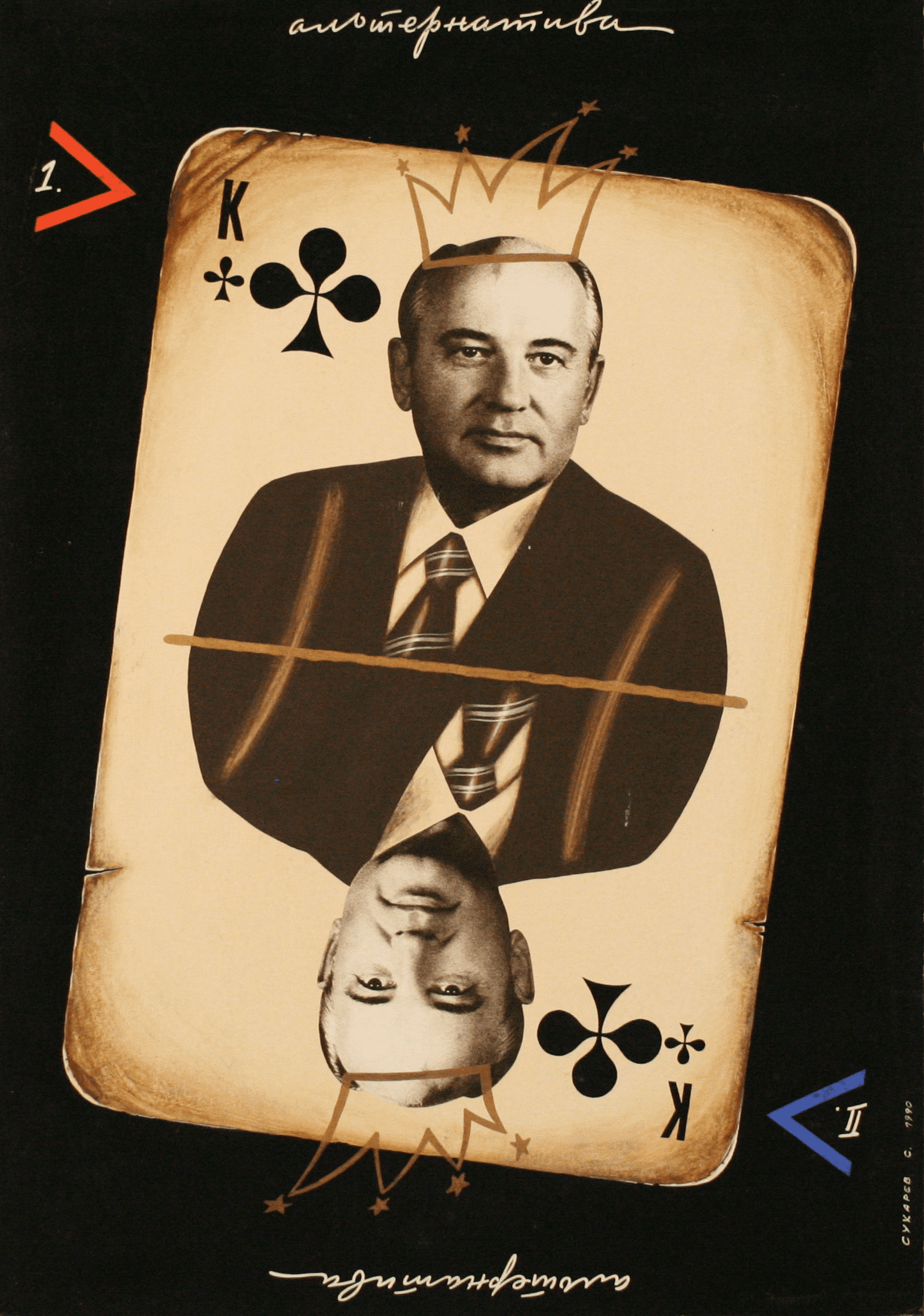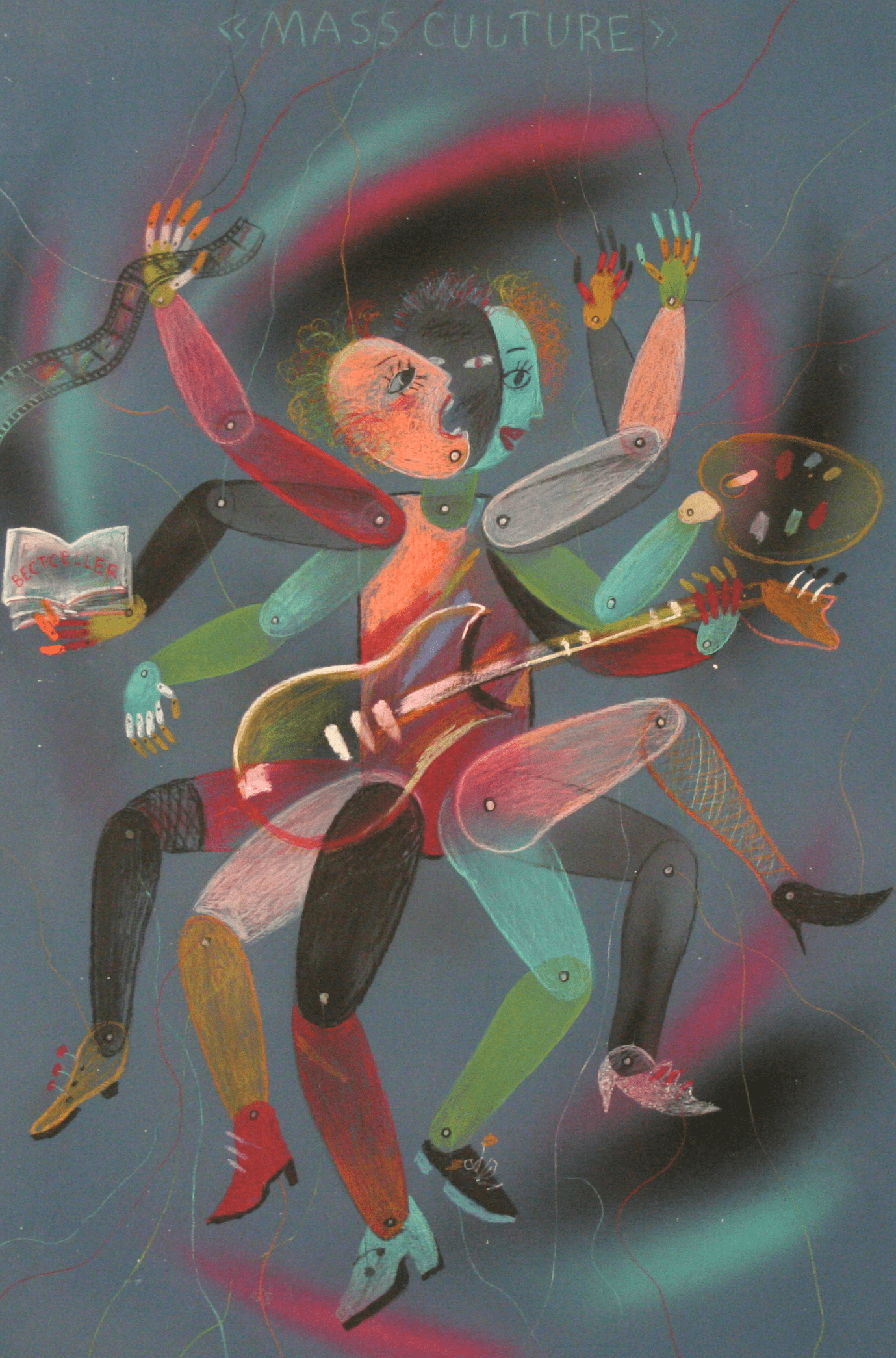
Counter/Surveillance: Hidden Histories and Why They Matter
Join us for a thought-provoking panel discussion hosted by the History of Science Society alongside our exhibition Counter/Surveillance. Guest speakers Shorrana Pearl, Iris Clever, and Ken Gonzales-Day will explore the history, current use, and biases of facial recognition technology, along with critical artistic reflections on its impact. Moderated by Vice President/President-Elect of the History of Science Society, Soraya de Chadarevian, and the Wende Museum’s Chief Curator, Joes Segal, this event promises engaging conversation and fresh perspectives.
Sharrona Pearl is the Andrews Endowed Chair of Interdisciplinary Studies at TCU. A historian and theorist of the face and body, Pearl’s most recent books are Mask (Bloomsbury 2024) and Do I Know You: From Face Blindness to Super Recognition (JHUP, 2023). Pearl maintains an active freelance writing practice, with bylines in The Washington Post, Real Life Magazine, Kveller, Lilith, and numerous other places.
Iris Clever is a historian of science, medicine, and technology who researches the history of body measuring and racialization in the 20th century. She’s currently a postdoctoral research fellow at the University of Chicago, where she’s preparing her book manuscript The Afterlives of Skulls: How Race Science Became a Data Science.
Ken Gonzales-Day is a Los Angeles-based artist whose interdisciplinary practice considers the historical construction of race and the limits of representational systems ranging from lynching photographs to educational museum displays. His widely exhibited Erased Lynching series, along with the publication of Lynching in the West: 1850-1935, transformed the understanding of racialized violence in the United States. In 2017, Gonzales-Day was awarded a Guggenheim Fellowship in Photography and is the Fletcher Jones Endowed Chair in Art at Scripps College. His mobile installation Different Measures is on view in our exhibition.
Soraya de Chadarevian is Professor for History of Science and Technology at the University of California, Los Angeles and currently Vice President/President-Elect of the History of Science Society. She has published widely on the history of the biological sciences from the nineteenth century to the present, with a special focus on the period after World War II.





